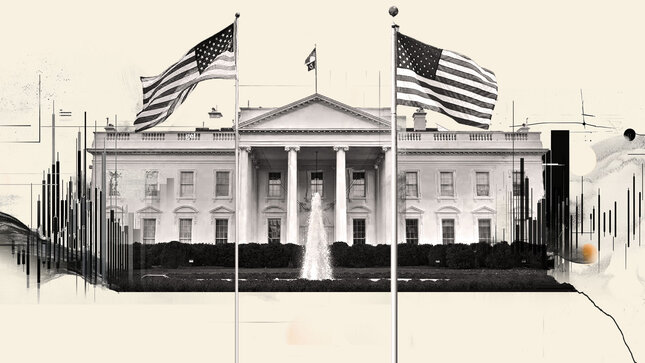The post US House votes on ending US government shutdown WSJ appeared com. The House of Representatives was approaching a final vote late Wednesday on legislation to end the longest government shutdown in US history, the Wall Street Journal reported on Thursday. The bill, which passed the Senate on Monday, has sizable momentum, and its approval by the House would clear it for US President Donald Trump’s signature. Market reaction At the time of writing, the US Dollar Index (DXY) is up 0. 05% on the day at 99. 50. US Dollar FAQs The US Dollar (USD) is the official currency of the United States of America, and the ‘de facto’ currency of a significant number of other countries where it is found in circulation alongside local notes. It is the most heavily traded currency in the world, accounting for over 88% of all global foreign exchange turnover, or an average of $6. 6 trillion in transactions per day, according to data from 2022. Following the second world war, the USD took over from the British Pound as the world’s reserve currency. For most of its history, the US Dollar was backed by Gold, until the Bretton Woods Agreement in 1971 when the Gold Standard went away. The most important single factor impacting on the value of the US Dollar is monetary policy, which is shaped by the Federal Reserve (Fed). The Fed has two mandates: to achieve price stability (control inflation) and foster full employment. Its primary tool to achieve these two goals is by adjusting interest rates. When prices are rising too quickly and inflation is above the Fed’s 2% target, the Fed will raise rates, which helps the USD value. When inflation falls below 2% or the Unemployment Rate is too high, the Fed may lower interest rates, which weighs on the Greenback. In extreme situations, the Federal Reserve can also print more Dollars and enact quantitative easing.
